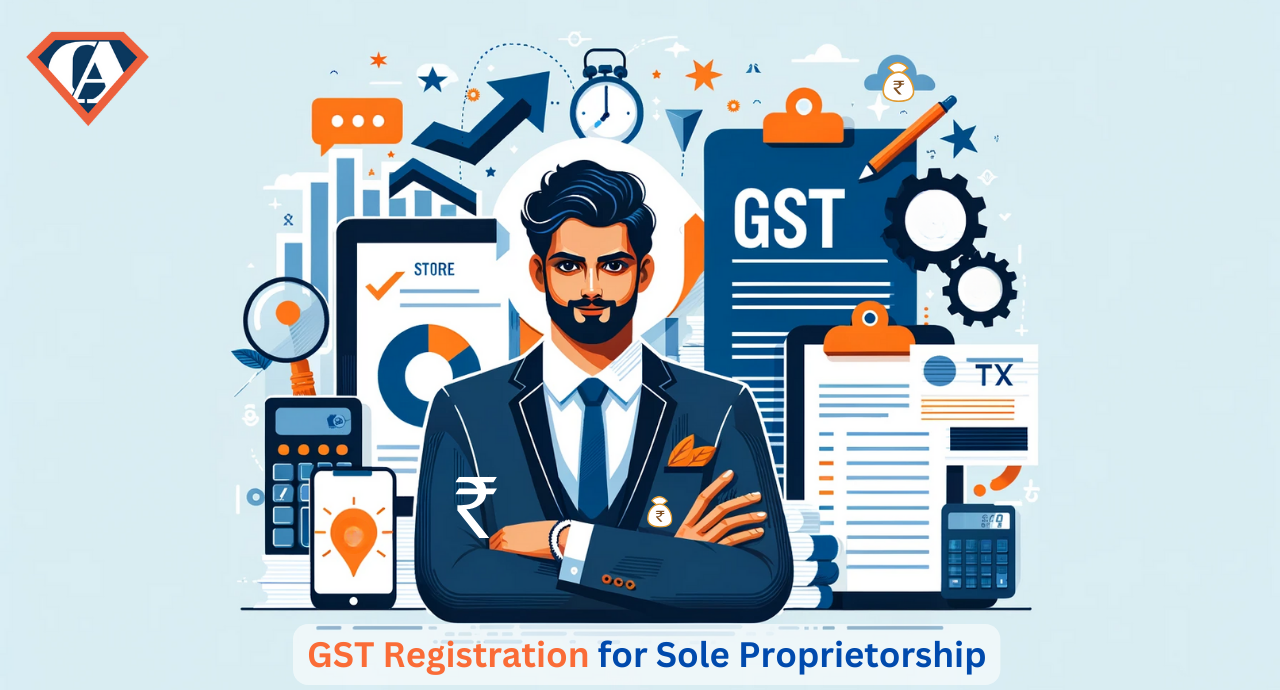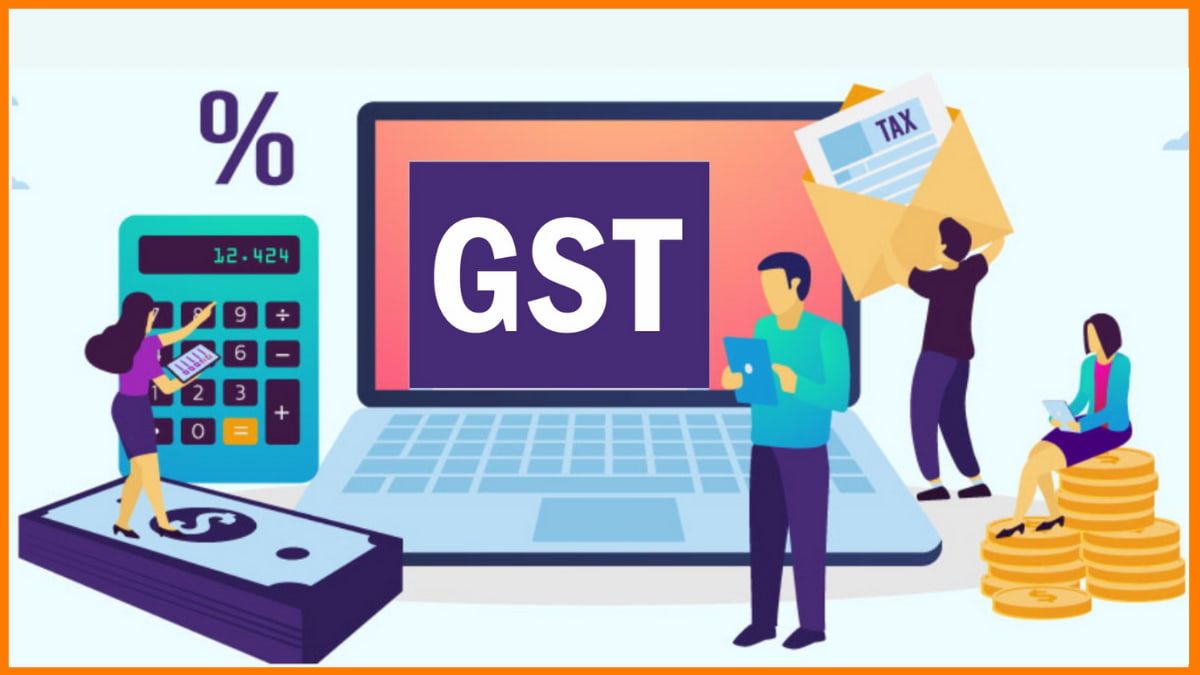Compare and Choose the Best GST Registration Services in Singapore for Your Needs
Compare and Choose the Best GST Registration Services in Singapore for Your Needs
Blog Article
From Begin to Finish: The Ultimate Roadmap to GST Registration for Companies Looking For Financial Security
Navigating the intricacies of Product and Services Tax (GST) registration is an essential action for companies striving for financial stability. Breaking down the roadmap right into manageable actions can improve the enrollment journey for businesses looking to improve their monetary standing.
Recognizing GST Essentials
Digging into the basic principles of Product and Services Tax Obligation (GST) is crucial for obtaining an extensive understanding of its ramifications on businesses and the economic climate. GST is a value-added tax obligation levied on most goods and solutions for residential intake. It has replaced multiple indirect tax obligations that existed in the pre-GST era, streamlining the tax framework and enhancing ease of doing company in India. Under the GST system, both solutions and products are strained at a particular rate, which is established based on their category. If their yearly turn over goes beyond the threshold limit established by the federal government, companies are needed to sign up for GST. Input Tax Obligation Debt (ITC) is a considerable attribute of GST, permitting businesses to claim credit rating for taxes paid on inputs, minimizing the total tax concern. Recognizing the fundamentals of GST is crucial for businesses to adhere to tax policies, manage their finances successfully, and add to the nation's financial growth by getting involved in a transparent tax system.
Qualification Criteria for Enrollment
To sign up for GST, organizations need to fulfill certain qualification criteria established by the government. The main qualification demand is that any business associated with the supply of items or services with a yearly accumulation turn over over the threshold restriction established by the authorities should sign up for GST. Since the present guidelines, the threshold limit for GST enrollment is a yearly aggregate turnover of 40 lakhs for services running within a state, with the exception of unique category states where the limit is 20 lakhs. Additionally, specific companies are required to register for GST regardless of their turn over, such as interstate distributors, informal taxable individuals, and services reliant pay tax under the reverse charge device. It is important for organizations to thoroughly analyze their turnover and deal types to establish their GST enrollment commitments accurately. Failing to sign up for GST when eligible can lead to penalties and legal repercussions, making it crucial for services to comply with the defined qualification standards.
Files Needed for Registration
Having fulfilled the qualification criteria for GST enrollment, businesses should currently guarantee they have the requisite files in place to wage the enrollment process efficiently. The documents needed for GST registration typically consist of proof of business constitution, such as collaboration action, enrollment certification, or incorporation certificate for various kinds of organizations. In addition, services require to supply files establishing the primary business, such as a rental agreement or electricity costs. Frying pan card of the service, in addition to the identity and address evidence of promoters/partners/directors, are important for verification functions. Savings account declarations, together with terminated cheques or a copy of the financial institution passbook, are needed to verify the economic details provided during enrollment. Businesses need to have electronic signatures all set for the licensed notary. Making certain all these documents are arranged and readily offered will accelerate the GST enrollment process, enabling businesses to abide by tax obligation laws effortlessly.
Step-by-Step Registration Refine
Beginning the GST registration procedure includes a collection of organized actions to ensure a certified and seamless registration for companies. The very first step is to go to the GST website and fill out the enrollment Read Full Article form with accurate details of the service entity. Following this, the applicant gets a Short-lived Referral Number (TRN) which is used to return to the application process if it's not finished in one go.
Next, all called for papers according to the checklist given by the GST portal need to be submitted. These files normally include evidence of company enrollment, identity and address proofs of promoters, financial declarations, and organization entity's PAN card.

Post-Registration Conformity Guidelines

Verdict
To conclude, businesses looking for monetary stability has to understand the fundamentals of GST, fulfill qualification criteria, collect needed files, follow the step-by-step enrollment process, and abide by post-registration standards - Best GST registration services in Singapore. By sticking to these steps, companies can guarantee compliance with tax laws and keep index economic security over time
In addition, particular services are needed to sign up for GST irrespective of their turn over, such as interstate providers, casual taxed persons, and businesses accountable to pay tax under the reverse charge device.Having actually met the eligibility criteria for GST enrollment, businesses must currently guarantee they have the requisite files in place to continue with the registration process successfully. The papers needed for GST registration commonly include proof of service constitution, such as partnership act, registration certificate, or incorporation certificate for various types of services. In addition, services require to give files developing the major location of service, such as a rental agreement or electrical energy expense.Commencing the GST registration procedure entails a series of structured actions to ensure a smooth and certified enrollment for businesses.
Report this page